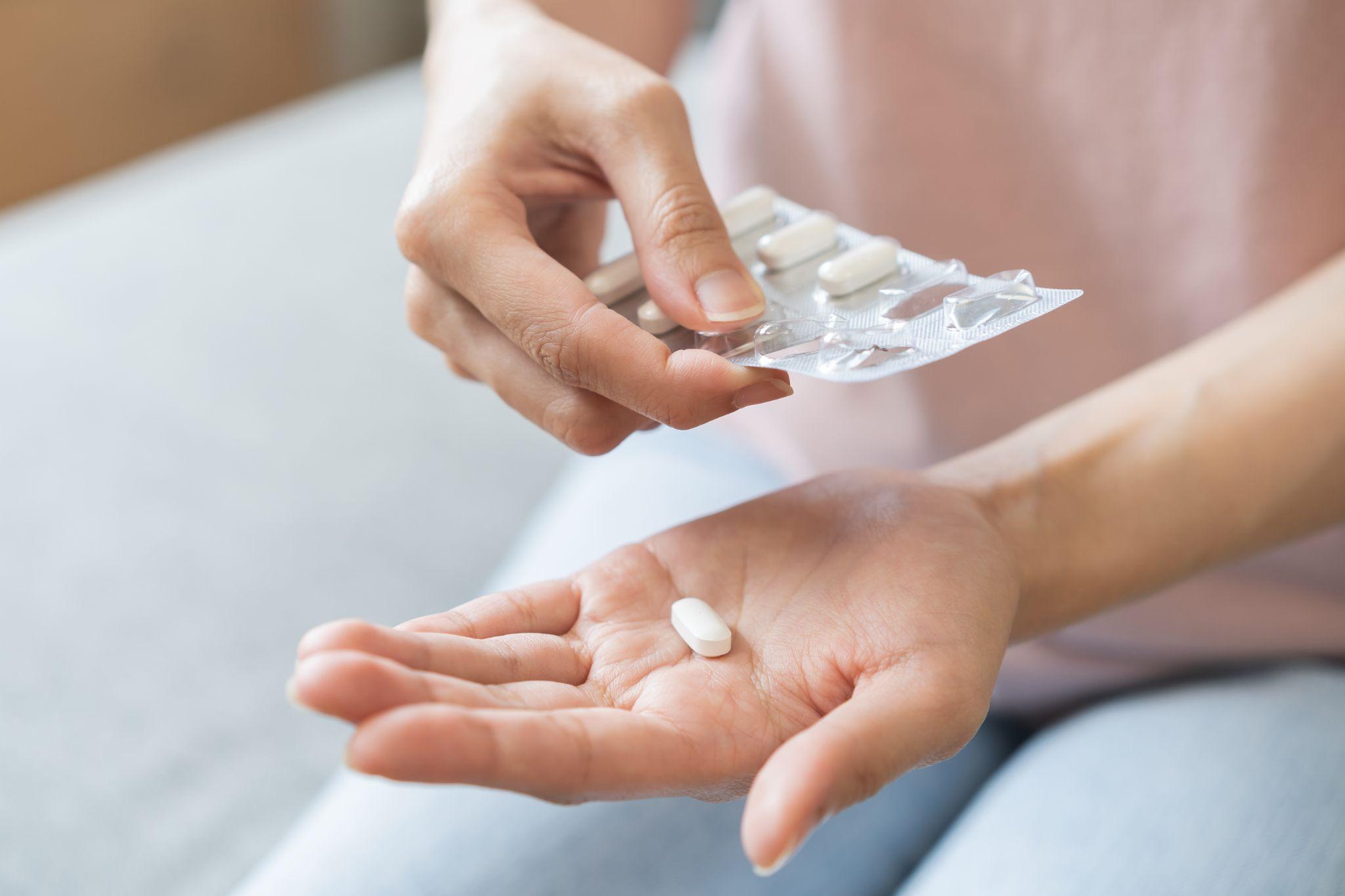Dihydrocodeine is a strong painkiller often prescribed to treat moderate to severe pain. While it can be very effective, it also has a high potential for addiction. This guide will help you understand dihydrocodeine, the risks of addiction and overdose, and the treatment options available.
What Is Dihydrocodeine?
Dihydrocodeine is a semi-synthetic opioid derived from codeine. Doctors commonly prescribe it to help manage moderate to severe pain caused by surgeries, injuries, or chronic conditions. Dihydrocodeine works by blocking pain signals in the brain and spinal cord, which provides pain relief and a sense of well-being. This medication is available in both tablet and liquid forms and is usually taken by mouth.
Is Dihydrocodeine Addictive?
Yes. While dihydrocodeine is very effective for managing pain, it is an opioid medication that can easily cause dependence if not used correctly. It’s important to understand what dihydrocodeine is and how it works to be aware of the potential risks associated with its use.
Dihydrocodeine Addiction
Dihydrocodeine addiction can start quickly, especially if the drug is used more than prescribed. Even with correct use, regular intake can lead to tolerance, where the body needs more of the drug to feel the same effects. This can lead to dependence and addiction.
Dihydrocodeine has a variety of effects on the body, including:
- Reduced pain
- Feelings of euphoria
- Drowsiness
- Constipation
- Respiratory depression (slow breathing)
- Nausea and vomiting
- Confusion and cognitive problems
When misused for a long time, dihydrocodeine can have even more severe impacts, such as:
- Liver damage
- Chronic respiratory problems
- Mental health issues (depression, anxiety)
- Steadily increasing risk of overdose
Behavioral and Social Red Flags
In addition to the physical symptoms, dihydrocodeine addiction also causes a variety of changes to a person’s moods and behaviors.
Signs that someone may be addicted to dihydrocodeine include:
- Taking higher doses than prescribed
- Feeling unable to stop using the drug
- Withdrawal symptoms (anxiety, sweating, nausea)
- Neglecting responsibilities
- Continuing use despite negative consequences
- Isolating from family and friends
- Changes in mood and behavior (mood swings, depression, irritability)
- Problems in relationships and at work
- Financial and legal problems
- Reduced quality of life and well-being
Dihydrocodeine Overdose
Opioid medications are known for having an especially severe risk of overdose due to their powerful, potent effects. An overdose occurs when a person takes too much dihydrocodeine, leading to life-threatening symptoms like difficulty breathing, extreme drowsiness, and loss of consciousness. Overdose requires immediate medical attention.
The risk for dihydrocodeine overdose is extremely high, especially when combined with other substances (a practice known as polydrug use). When dihydrocodeine is mixed with other substances, the combined effects are unpredictable and can create entirely new dangers. Using it with alcohol or sedatives, for example, can severely depress the central nervous system, making it easier to stop breathing.
In addition to polydrug use, other factors can increase the risk of overdose, including:
- Taking increasingly higher doses
- Underlying health conditions
- Having a history of other substance abuse
- Being dehydrated or malnourished
Preventing and Addressing Overdose
If you or someone you know is addicted to dihydrocodeine, the best way to prevent an overdose is to never start misusing the medication. However, if misuse has already begun, it’s crucial to seek professional treatment immediately to prevent the problem from worsening. Getting help early can significantly reduce the risk of severe health complications and overdose. It’s also important to recognize the symptoms of an overdose and be ready to take action and call 911.
In addition to seeking treatment, having NARCAN (naloxone) on hand can be a lifesaving measure. NARCAN is an over-the-counter medication that can temporarily reverse the effects of an opioid overdose, buying valuable time until first responders arrive. If you or someone you care about is at risk, consider purchasing NARCAN from a local pharmacy and keeping it in a safe, accessible place. Knowing how to use it and acting quickly in the event of an overdose can make the difference between life and death.
Getting Treatment for Dihydrocodeine Addiction
Professional treatment is crucial for overcoming dihydrocodeine addiction. It provides medical supervision, therapy, and support needed to recover. Treatment options vary based on individual needs and the severity of the addiction.
Inpatient Treatment
Residential inpatient treatment involves staying at a facility where patients receive around-the-clock care and support. This intensive treatment helps manage withdrawal symptoms and provides a structured environment for recovery.
Partial Hospitalization Programs
Partial hospitalization programs (PHP) offer a middle ground between inpatient and outpatient treatment. Patients attend treatment sessions during the day and return home or to a sober living facility at night. This level of care is ideal for those needing more support than outpatient but not requiring full-time residential care.
Intensive Outpatient Programs
Intensive outpatient programs (IOP) are more flexible than inpatient programs and PHPs. Patients are able to live at home or in a sober living facility and continue their work and/or schooling while attending therapy sessions several times a week. This option provides flexibility for those who cannot commit to inpatient treatment but still need substantial support.
Lumina Recovery Offers Comprehensive Treatment for Lasting Sobriety
Choosing Lumina Recovery means accessing a comprehensive treatment program designed for lasting sobriety. We specialize in opioid addiction treatment, providing personalized care tailored to each individual. Our dedicated team supports clients through every step of their recovery journey, from detox to aftercare.
We offer a variety of effective, evidence-based methods, including (but not limited to):
- Family Therapy: We involve family members in the recovery process, helping to rebuild trust and improve communication within the family unit.
- Dual-Diagnosis Care: Our dual-diagnosis care addresses both addiction and any underlying mental health issues, ensuring a holistic approach to treatment.
- Medication-Assisted Treatment: We use medications to help manage withdrawal symptoms and reduce cravings, making the recovery process more manageable.
- Aftercare Support: Our aftercare support provides ongoing assistance and resources to help clients maintain their sobriety long after the initial treatment has ended.
If you or a loved one needs help with dihydrocodeine addiction, contact Lumina Recovery today and start your journey with opioid addiction treatment.



